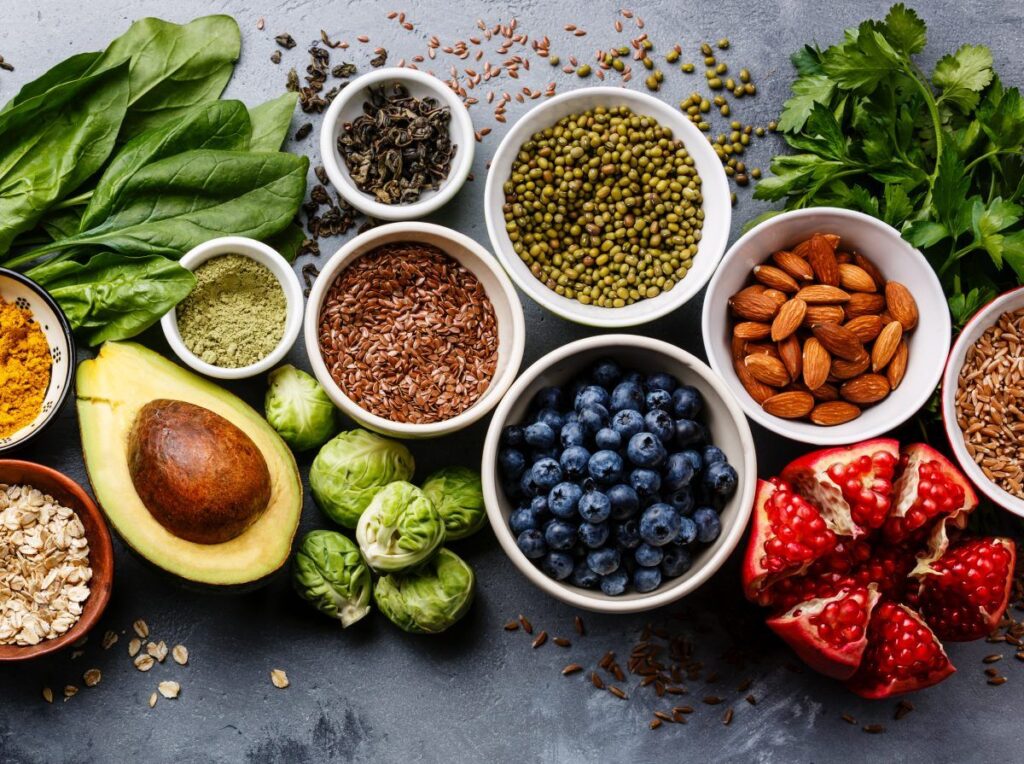The thyroid is a gland, in the form of a butterfly, that sits at the base of your neck and releases the hormones that control metabolism, heartbeat, development, internal temperature and much more.
And as you might guess, when your thyroid is out of whack, there can be a lot of problems with your body.
Thyroid disease has two main types, hypothyroidism and hyperthyroidism. The first, hypothyroidism, happens when the thyroid is not producing enough hormone.
This can happen when the thyroid itself, which is called primary hypothyroidism, malfunctions.
The condition may also occur when your brain’s pituitary gland fails to send essential thyroid signals needed to cause the release of thyroid hormone.
This is classified as secondary hypothyroidism. The signs in both cases include weight gain, tiredness, fatigue and cold sensitivity.
In the other hand, it’s called hyperthyroidism, when the thyroid produces too much hormone.
The signs are essentially the opposite of what happens when there is not enough thyroid hormone in you.
You can experience weight loss, nervousness, irritability, heat sensitivity and heart beat irregularly.
Genetics regulate the thyroid condition, but stress, environmental toxins, and diet play a role.
We’re going to let you know what foods are known to intensify thyroid disease because it’s one of your control components.
Some of these may surprise you, particularly # 4 because we tend to think of it as the ultimate food for health.
Fast Food
The thyroid gland uses iodine to produce the hormones T3 and T4 from our diets. In fact the only organ that uses iodine is the thyroid.
There are many reasons to avoid fast food, but as far as thyroid disease is concerned, the truth is that this food contains a lot of salt with very little iodine.
We get a lot of our regular iodine from iodin table salt at home, so there’s no reason for fast food restaurants to use iodinated salt in their food.
Research show that fast-food meals give you very little usable iodine with all the sodium that you can consume.
Processed Food
Like fast foods, refined and frozen foods often contain a lot of sodium but rarely use iodised salt.
If you don’t believe us, start looking in the store for labels. Some of these foods, including sweet ones, contain more than 20 percent of your daily sodium allowance in one “meal” (which is likely to be less than you usually would consume).
A diet that contains too much sodium puts you at risk for heart disease and high blood pressure and it provides little or no vital iodine to get your sodium from refined foods.
That’s why cooking meals fresh at home and salting them with iodized table salt is often best.
Wheat
Celiac disease is a condition where the body is unable to tolerate the gluten in grains such as wheat, barley and rye.
People with celiac disease may have a higher chance of thyroid disorder for a cause that isn’t entirely clear. And if you’ve been diagnosed with celiac, it’s necessary to avoid gluten for a lot of reasons.
This will not only help safe digestion but also raising the chance of developing a thyroid disorder.
At the other hand, if you don’t have celiac or any of the risk factors (family history or other autoimmune disorders), avoiding bread may not serve you the best. Most varieties must now be made with iodised salt.
Only make sure to stick to varieties of whole wheat.
Soy
Soy is a fair bit divisive. Although considered a safe replacement for meat products, evidence that soy may have a detrimental impact on thyroid function has emerged in recent years.
Soja can affect your thyroid’s ability to absorb iodine, so if you’re already deficient, this can significantly increase your risk of developing hypothyroidism.
However, many researchers say you aren’t at an increased risk of developing an underactive thyroid as long as you aren’t eating a ton of soy or have a pre-existing iodine deficiency.
Moderation is important when it comes to soy, especially if you are a man, since soy can also imitate the body’s estrogen.
Organ Meats
In recent years, organ meat like liver, kidney, and heart have fallen out of fashion, but it can be very healthy for you!
These less common meat cuts give a lot of lipoic acid, known for reducing inflammation and promoting cognitive function.
Sadly, if you get too much of it, lipoic acid will affect your thyroid function too.
Additionally, lipoic acid is not approved for people who already take thyroid medication, because it can alter the medicine’s function.
Cruciferous Vegetables
Cruciferous vegetables, including broccoli, cabbage, cauliflower, and kale, are very nutritious as they have plenty of fiber and essential minerals and vitamins.
Cruciferous vegetables are unusual in that they contain sulfur compounds called glucosinolates, and evidence suggests that glucosinolates have the potential for cancer controls.
However, if you have an iodine deficiency, keeping clear of the cruciferous vegetables may be safest.
The digestion process for this specific product group is thought to obstruct the ability of the thyroid to use iodine.
Don’t worry too much if you love them, because you can safely eat 5 ounces a day without any problem and cooking will reduce the thyroid effect.
Sugary Treats
If it comes to safety, refined sugars are public enemy number one. Many of us eat way too much, even without even knowing it.
It not only causes weight gain, it stimulates inflammation in the body and raises the risk of complications such as diabetes, heart disease, and deterioration of the tooth.
An underactive thyroid slows down your metabolism and even though you don’t drink a lot of sugar that can lead to weight gain.
But if you do, you could find yourself in no time with a surprising amount of extra pounds.
The number one thing you can do to improve your health and reduce the adverse effects of a thyroid disorder is to reduce the amount of sugar you consume.
Conclusion
The good thing is thyroid disorder doesn’t need to mess too much with your normal diet.
The value of avoiding easy and refined foods and excess sugar is not new, and extends to everyone who wishes for good health.
When you’ve diagnosed celiac disease, wheat is only important to avoid, and a simple blood test can determine that.
Even soy and cruciferous vegetables are still fine, but eaten in moderation is best.
As long as you prepare most of your meals from whole ingredients at home, you can rest assured that you are doing the best you can for your thyroid – at least from a dietary perspective.
Fortunately, the thyroid is easily treated with medication and all those troubling symptoms should disappear once you’re stabilised.



